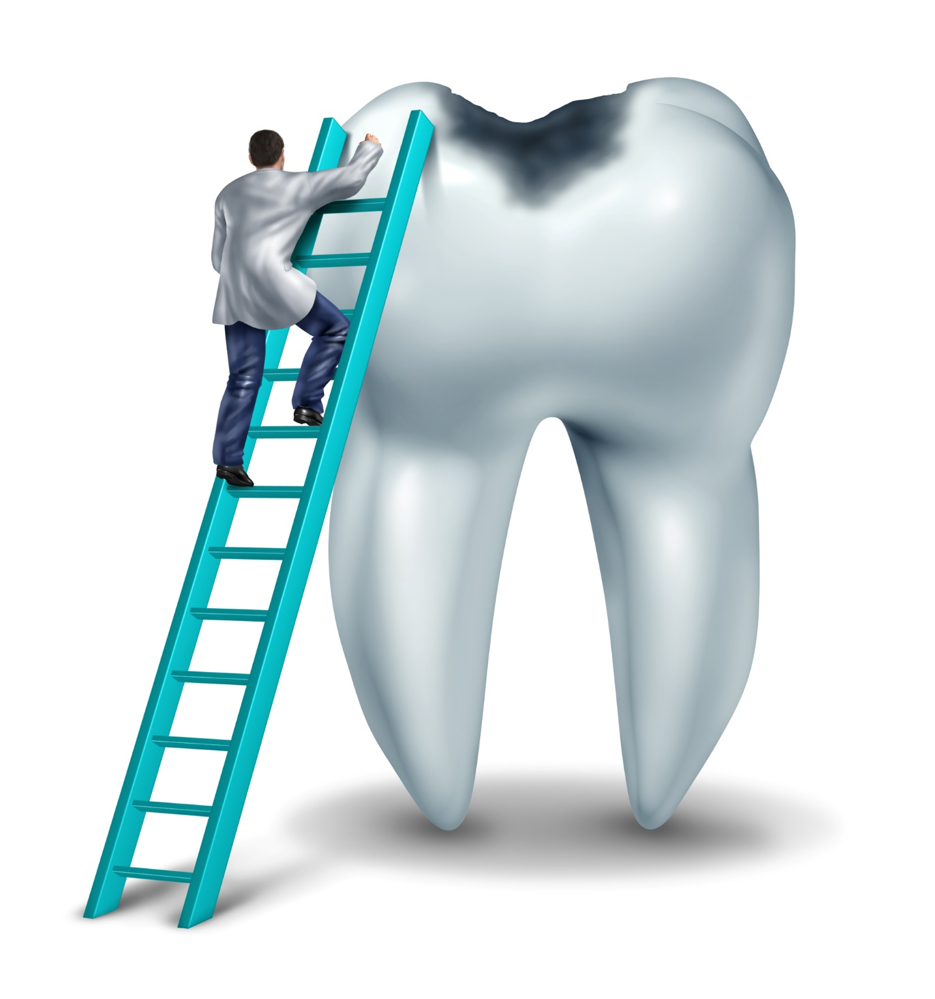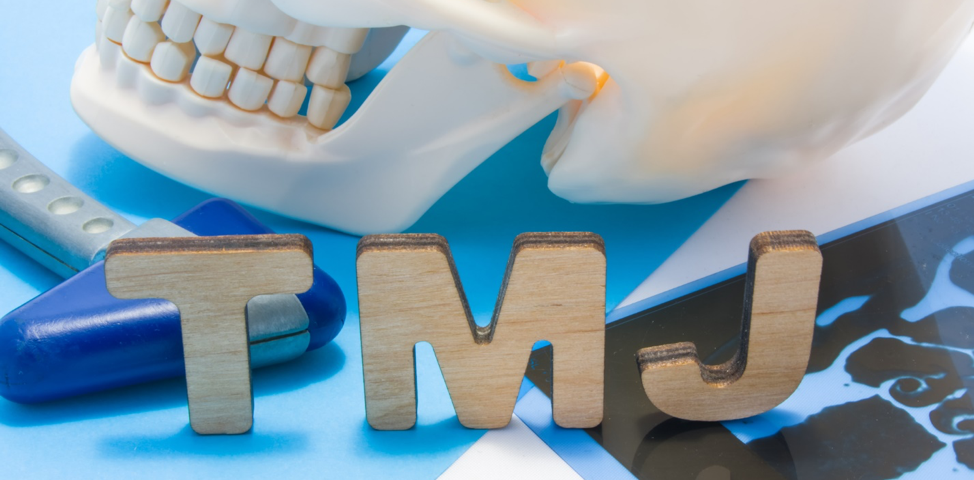
The Elements of a Smile Makeover
May 29, 2020
White Fillings vs Silver Fillings
June 12, 2020The temporomandibular joints are two of the most complex systems in the body. They are located on each side of a person’s head, right in front of the ears. These joints are responsible for all jaw movements, including speaking and chewing.
When this system of muscles, ligaments, discs, and bones don’t work properly, it’s called temporomandibular joint disorder, TMJ disorder, TMJ, TMD, or TMJD.
Continue reading to learn where to go for TMJ treatment and other important information.
Causes and Symptoms
TMJ disorder has several causes, including trauma to the jaw, bruxism, dental misalignment, bite disorders, arthritis, and poorly aligned connective tissues. TMD can also be caused by stress which triggers bruxism, or teeth grinding.
Patients with TMJD should seek TMJ treatment if they experience any of the following symptoms:
- Pain or swelling in the jaw
- Difficulty chewing, eating, or yawning
- Inability to open mouth completely
- Popping or clicking when chewing or yawning
- Chronic headaches
- Ear pain
- Ringing in the ears
- Facial pain and swelling
- Tooth pain caused by teeth grinding
- Neck and shoulder pain
- Tingling in the arms and hands for extended periods
In many cases, discomfort caused by TMJ disorder eventually goes away on its own. However, in other cases, professional treatment and advice is necessary.
TMJ Treatment Options
There are two options for treatment: a general practitioner or dentist. According to tmj.org, “there is no medical or dental specialty of qualified experts trained in the care and treatment of TMD patients.” However, some dentists and doctors have a deeper understanding of musculoskeletal disorders than others.
Medical Doctor
In some cases, visiting a general practitioner first is a good idea. He or she can eliminate the possibility of other conditions besides TMJ disorder. Once the doctor diagnoses the patient with TMJ disorder, he or she may recommend the following self-care practices:
- Avoid hard, crunchy foods
- Use ice packs to reduce swelling
- Allow your jaw to rest for extended periods of time
- Avoid chewing gum
- Reduce stress
- Complete jaw-stretching exercises daily
If these actions don’t improve your symptoms, the following treatments might be recommended:
- Prescribed or over-the-counter pain medication
- Prescribed muscle relaxers
- Prescribed corticosteroid drugs to reduce swelling
- Stabilization splints
- Bite guards
- Botox
In many cases, doctors refer patients to dentists with extensive experience in TMJ treatment.
Dentist
Doctors and dentists can diagnose TMJ disorder using X-ray machines, CT scans, and/or MRIs. While a doctor will focus mostly on treating the symptoms, a dentist will work towards eliminating the problem.
Here are some of the most common TMJ treatments that dentists offer:
- Mouthguard
- Dental orthotics
- Full mouth reconstruction
- TENS therapy
- Oral athletic guard
- Orthodontics
In severe cases, the dentist may refer their patient to an oral surgeon for more extensive treatments.
TMJ Treatment in Grant Park
Not all dentists are qualified to treat TMJ disorder, so it’s important that patients who are experiencing symptoms choose their dentist carefully.
At Smiles 4 Grant Park, Dr. Abbey J. Lee carefully and effectively examines each patient to determine the cause of their TMJ disorder. Her treatment recommendations are based solely on those findings, and she only recommends necessary treatments.
Our minimally invasive TMJ treatment options can help you live a pain-free life again. Call our friendly dental team today at 404-328-7177.


